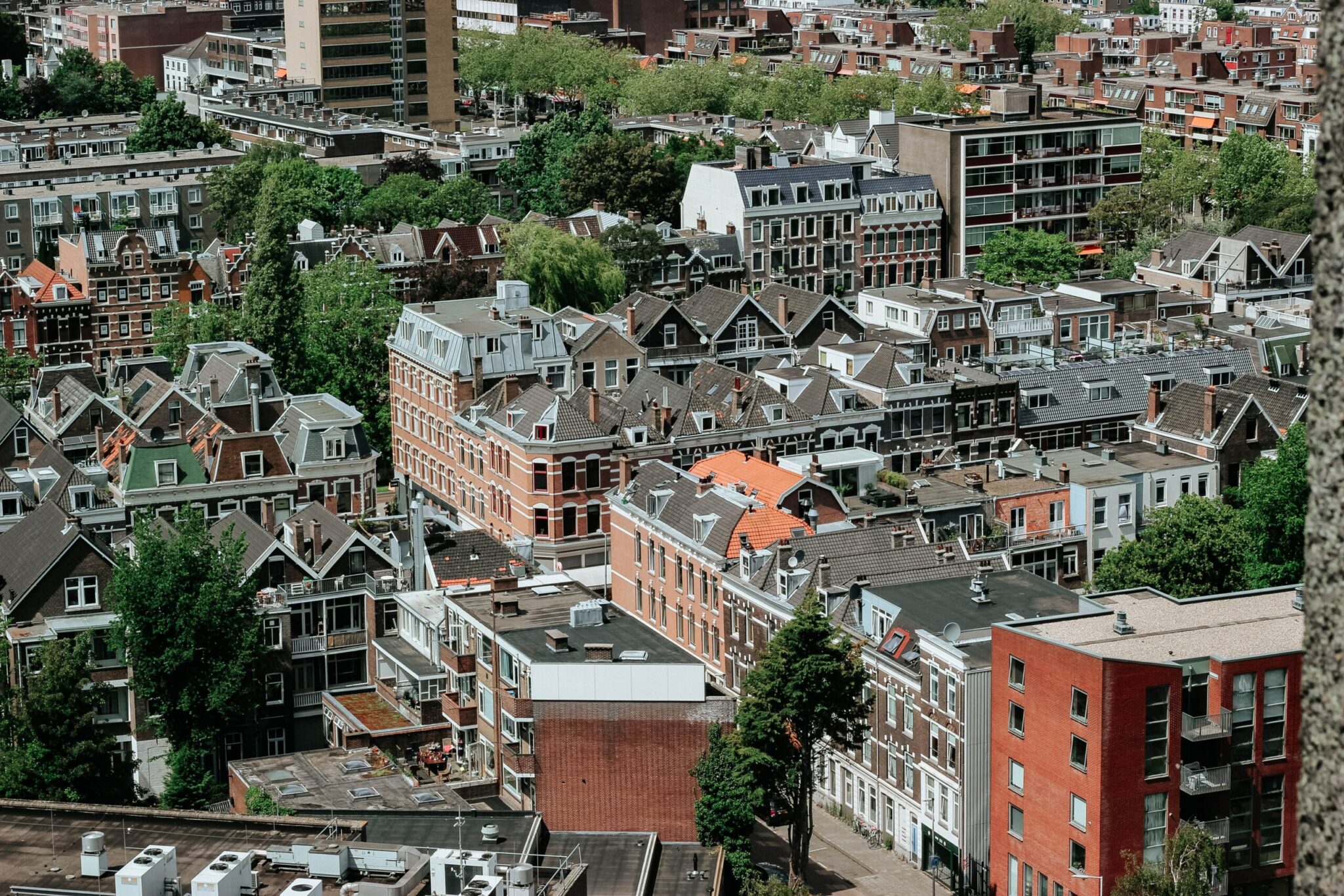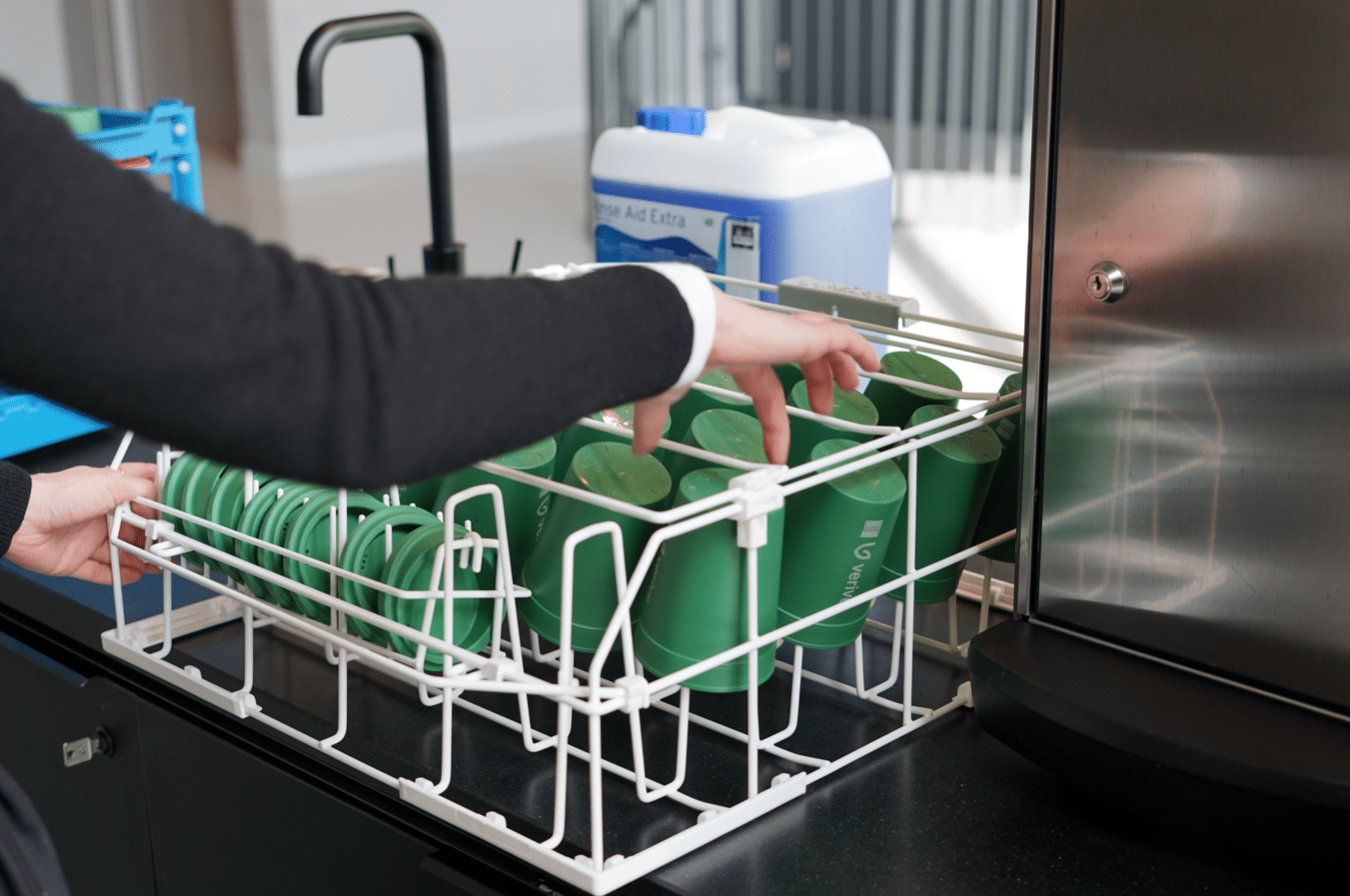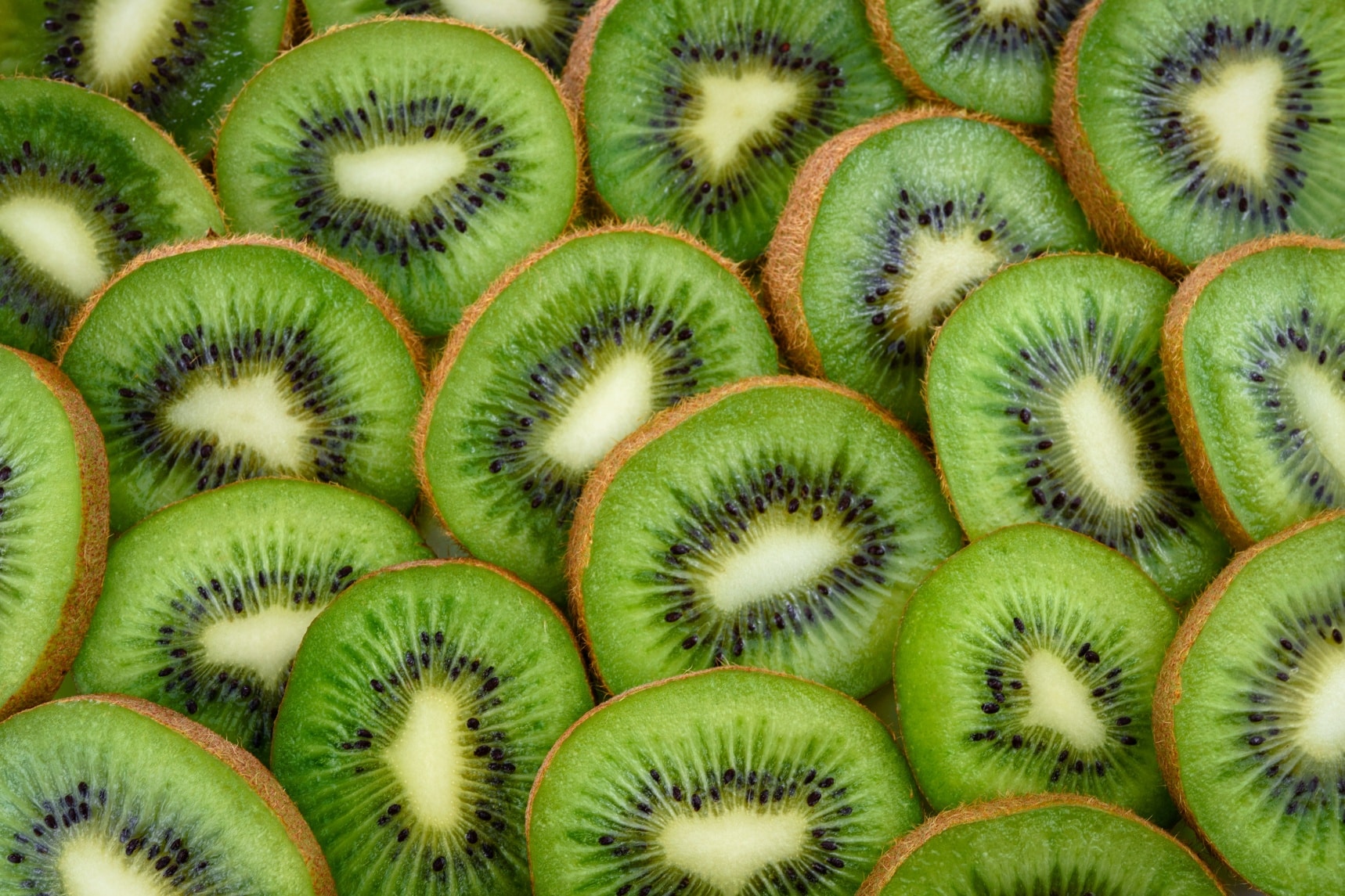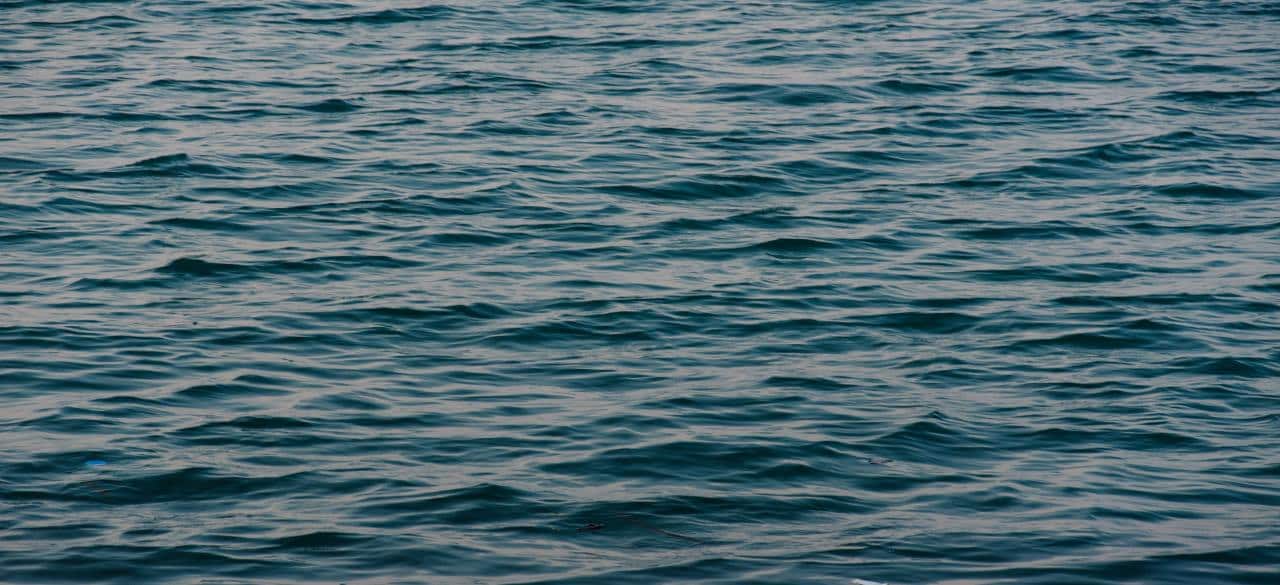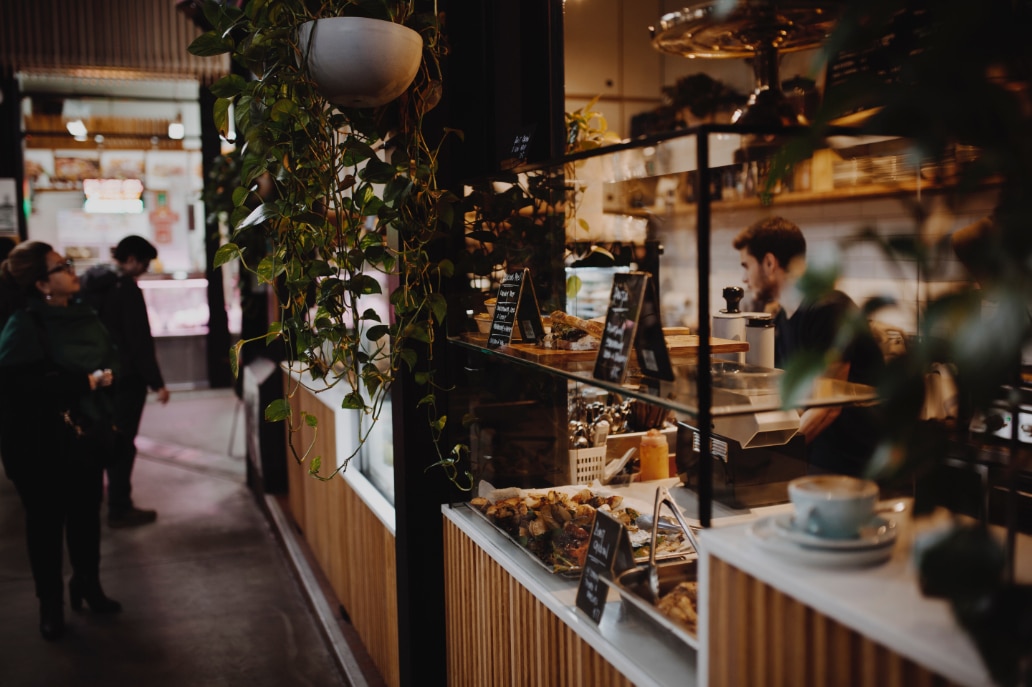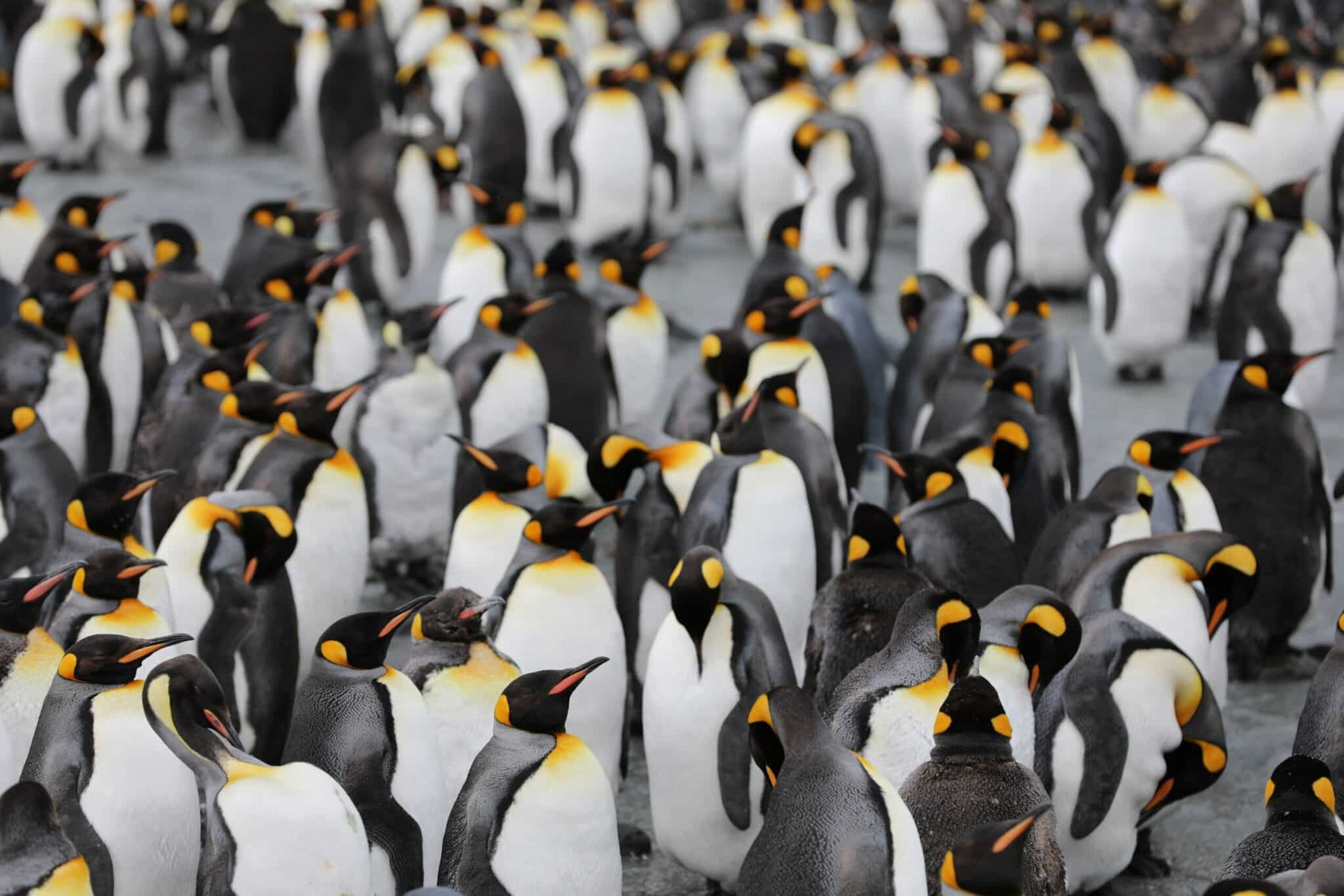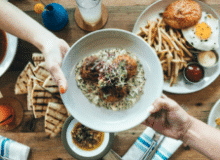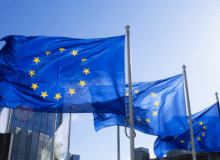About this article
As the continued roll-out of the Single-Use Plastics Directive chugs along, read all about the specific reduction targets, bans, and new emphasis on reusables coming into place in the Netherlands from 2023 and beyond.
Since July 2021, the EU’s Single-Use Plastics Directive has come into effect, and its roll-out continues. Early restrictions on plastic packaging and tableware, introduced in 2021, are almost universal across the EU. However, further reduction measures must be specified and implemented by individual member states. That’s why, moving forward, suppliers and customers need to be aware of each country’s specific restrictions.
The Netherlands
What’s happening now?
As of July 3rd 2021, certain disposable plastic products like plastic plates, cutlery, stirrers, and straws, were banned under the Single-Use Plastics Directive (read our Single-Use Plastics Directive explainer for full details). Furthermore, the Dutch government has been busy preparing for the upcoming roll-out of the Extended Producer Responsibility (EPR) provisions in 2023 and beyond. They announced an update in March 2022, which lays out a plan to normalise reusables, ban the on-site use of disposables, and charge customers for takeaway packaging starting mid-2023. Foodservice businesses should be looking ahead and begin to make the necessary changes now.

What’s coming in 2023 and 2024?
Starting in 2023, the EU’s EPR legislation comes into effect with the aim of reducing single-use plastic drinking cups and food packaging by at least 40% by 2026 when compared to 2022. To achieve this, the Dutch want to make reusables the new normal.
At-a-glance
-
As of January 1st 2023, Extended Producer Responsibility (EPR) will enter for single-use food packaging, pouches and wrappers, beverage packaging, drinking cups, and lightweight plastic carrier bags. This affects suppliers bringing said products into the Dutch domestic market.
-
As of July 1st 2023 reduction measures will come into place for to-go, takeaway, and delivery regarding the use of disposable plastic drinking cups and food packaging. Businesses can no longer provide customers with free disposables (instead they must charge for them) and they must offer a reusable alternative (even if it’s bring-your-own).
-
Per January 1st 2024 (delayed from January 1st 2023), reduction measures come into place for the on-site use of disposable plastic drinking cups and food packaging.
-
Per July 3rd 2024, plastic lids and caps must be attached to plastic bottles and beverage containers. This way, they are automatically delivered to customers ready for recycling.
-
Per December 31st 2024, EPR will enter into force for wet wipes and balloons.
What does all this mean for your foodservice business?
If you do takeaway or delivery, the first thing you must prepare for is July next summer, 2023. This is when catering and hospitality businesses can no longer provide customers with free disposable cutlery or packaging. Instead, they must offer a reusable alternative or the option to ‘bring your own.’ Businesses must not refuse customers’ bring-your-own packaging unless what they present is clearly not suitable for food.
Bring-your-own options will be encouraged, and EPR will require foodservice businesses to charge consumers for single-use disposables, The suggested pricing for what to charge customers is as follows: €0.25 for cups, €0.50 for containers, and €0.05 for wrappers. But remember, meal packaging may include several separate containers. There is plenty of freedom within these suggestions for businesses to set their own prices for reusable packaging.
On January 1st 2024 (delayed from January 1st 2023), reduction measures for takeaway cups and food containers will enter into force for on-site consumption at work, festivals, cafes, and restaurants. By this time, foodservice businesses and other venues should be washing cups and trays for reuse. There are very few exceptions to the ban (i.e., hospitals, and even then, only under certain circumstances).
One exception is that businesses may offer high-quality recyclable alternatives seeking to meet expanding collection targets. ‘High-quality recyclable’ means that the materials used can be recycled into food contact-grade material compliant with European regulations. In terms of collection targets, by 2024, businesses are expected to collect 75% of recyclable drinking cups and food packaging, increasing by 5% yearly increments to 90% in 2027.
What’s happening in 2025 and beyond?
At-a-glance
-
As of 2025, PET bottles must contain at least 25% recycled plastics. By 2030, this must be at least 30%.
-
By 2025, at least 77% of all plastic drinking bottles up to 3 litres, must be collected. By 2029, this should increase to 90%.
What should those in foodservice do to prepare?
Remember, your business needs to start thinking now about a strategy and the mix of your new dine-in and eat-out options. There’s no time to waste when it comes to future-proofing your catering and hospitality services in The Netherlands.
Our advice? Verive recommends offering a mix of reusables, polymer-free disposables (i.e., unlined products made from palm leaf, bagasse, paper/cardboard or other alternative materials), and ‘bring-your-own’ options that suits your business best. Need help determining the exact mix or sourcing reusables and other alternatives? Contact us
Looking for more related content? Read our main SUP Directive article, the March 2022 NL update article, or articles on the SUP Directive in Germany or Belgium.
